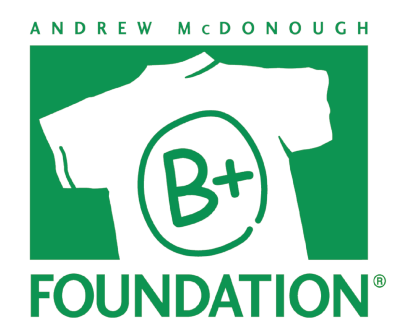Enhancement of Oncolytic Virotherapy with Directed Drug Delivery for Pediatric Brain Tumors
Dr. Gregory Friedman – University of Alabama at Birmingham, Birmingham, AL
Outcomes for pediatric high-grade glioma (pHGG) are unacceptable. Immunotherapy with oncolytic, engineered HSV-1 (oHSV) offers an inventive, targeted approach. G207 has been engineered to prevent infection in normal brain cells while maintaining the virus’ oncolytic activity against cancer cells. The virus also generates a robust anti-tumor immune response. In our Phase I trial in pHGG, oHSV G207 was safe with frequent responses/conversion of immunologically ‘cold’ tumors to ‘hot’. Our objective is to further enhance G207 therapy by developing an effective combination with Avidea Technologies' Syntholytic platform conjugated to either STINGa or TLR7/8a, which are designed to increase tumor cytotoxicity and immunogenicity. We hypothesize that Syntholytic-drug conjugates will synergize with G207 to augment/sustain anti-tumor immune responses and produce durable immunity in pHGG.

